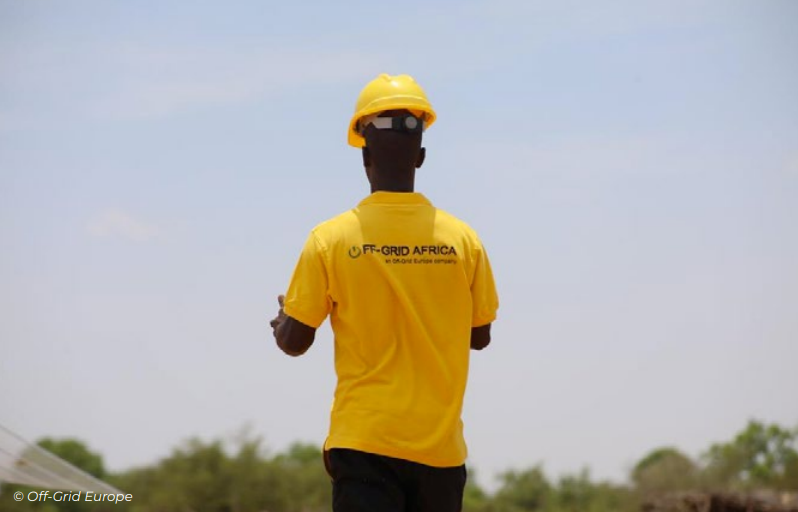Renewable energies are expected to account for 45 million direct jobs worldwide by 2050. Although the expansion in the renewables and the fossil fuel sectors creates jobs, investing in renewable energy technologies creates nearly three times as many jobs as fossil fuels per million dollars of spending.
Within the renewable energies sector, decentralised renewable energy (DRE) solutions show particular promise to catalyse green employment opportunities, already creating as many jobs in some countries as the utility-scale power sector, with a comparatively lower generation capacity installed.
Additionally, DRE is poised to be the least-cost electrification option for more than half of all connections needed to provide sustainable electricity for the remaining 675 million people that are still unelectrified across the world.
Jointly this means that DRE can be a key engine to drive green job creation in emerging markets.
Nowhere is this more pertinent than in sub-Saharan Africa, which currently has a population of 567 million of the global 675 million people without access to electricity, which is equivalent to more than 80% of the global population without access.
Yet, data on DRE job creation and the methodology for calculating direct DRE jobs is not yet widespread in the industry. This study sets out to address this.
Topics
About this series
The series informs in a concentrated form about important positions of the Konrad-Adenauer-Stiftung on current topics. The individual issues present key findings and recommendations, offer brief analyses, explain the Foundation's further plans and name KAS contact persons.




